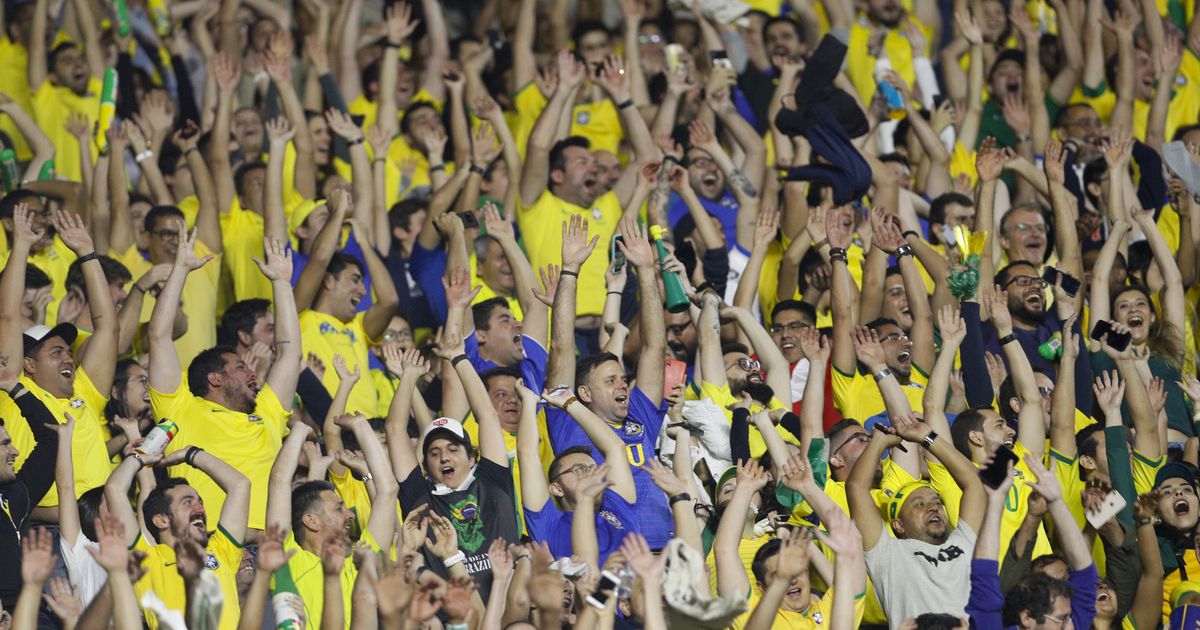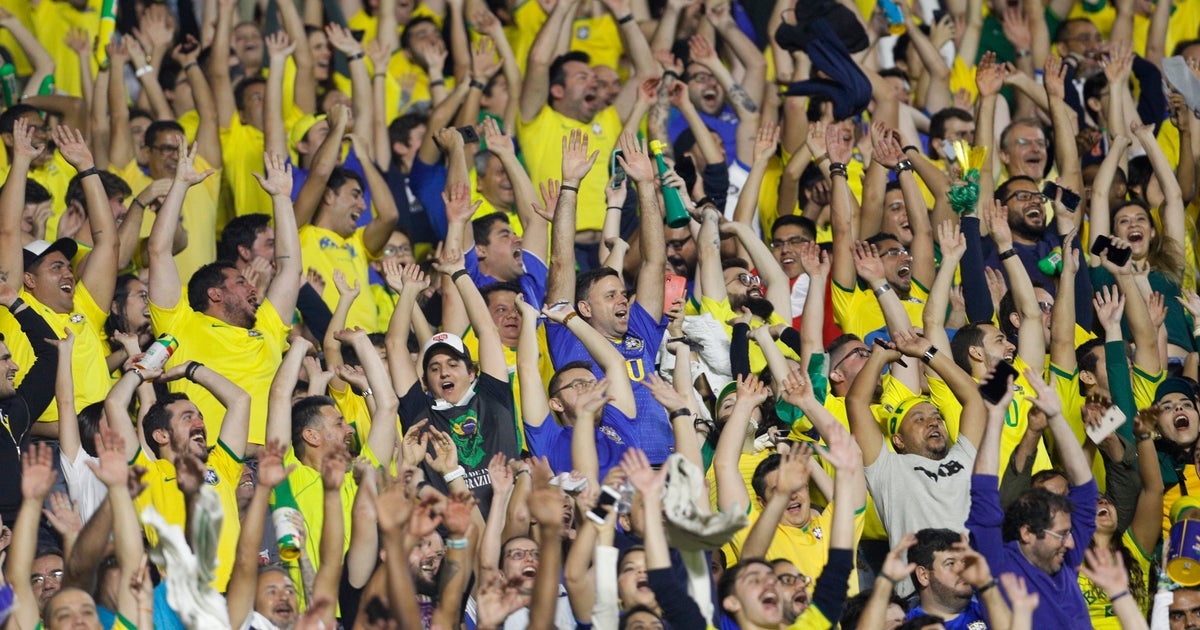Costly tickets, empty seats and quiet crowd for Brazil game


SAO PAULO (AP) — The Copa America opener on Friday yielded a box-office record for Brazil with gate receipts of more than $5.7 million.
It was the atmosphere in the stands, though, that captured most attention, with some players complaining about a lack of support from the crowd in the home team’s 3-0 win over Bolivia.
More than 46,000 fans paid an average of $125 per ticket, but at least 22,000 seats were empty at the Morumbi Stadium for a match that organizers initially said was a sellout.
The volume only went up in the stands when there was jeering after Brazil’s lackluster first half, during homophobic chants when the Bolivian keeper took goal kicks, and after the three second-half goals.
“It’s normal to be like that in Sao Paulo, many fans are more concerned about their clubs, so it is always tough for Brazil to play here,” veteran right back Dani Alves said.
For Brazilian league matches, ticket prices for the most popular seats cost as little as $15. The country, enduring an economic crisis since 2015, has established its minimum wage at $256 for this year.
The mix of high prices, empty seats and lack of noise surprised some players, who said they could easily hear instructions from their coaches during the match.
Winger David Neres said the atmosphere was “a bit different.”
“We are usually very focused, we don’t hear much anyway. But it was a little quiet tonight,” he said. “Except for the break, when they booed us. I still don’t understand why that happened.”
Defender Thiago Silva said the jeers were understandable after a goalless first half. He also linked the behavior of the fans to the high ticket prices.
“It took us a while to open the score, the ticket prices were expensive, so it is normal that they boo,” Silva said. “But we were not that bad in the first half.”
Alves said there would be a different atmosphere when Brazil plays Venezuela on Tuesday in Salvador, in the warm northeast state of Bahia.
“In Bahia the ‘axe’ is different,” he said, using an African-Brazilian word that means energy. “People miss the national team there, they miss this energy that we take where we go. I am sure it will be more cheerful than here.”
Historically, Brazil’s impoverished northeast is more supportive of the team.
After playing Venezuela, Brazil ends its group stage campaign against Peru, again in Sao Paulo, but at the Arena Corinthians instead of the Morumbi.







